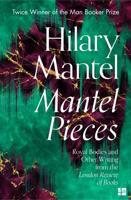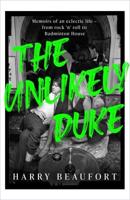Publisher's Synopsis
Excerpt from The Letters of Charles Lamb, Vol. 2: Newly Arranged, With Additions
Walpole, owes in large measure to him its survival. He is the pivot of a gay and well-born circle, which has re?ected back on him the celebrity which he possesses through it, and it through him. If we except the tutelary in?uence of Coleridge, Lamb, on the contrary, is more largely indebted to the force of personal character, and to the lines of thought which he has made in a manner his own.
There is a certain parallel between Lamb and Walpole in the circumstances under which considerable portions of both their series of Letters were produced for our instruo tion and delight. It is said that Walpole could maintain a conversation with a visitor while he sat at his table, manufacturing some budget of gossip, scandal, and wit for the benefit of one of his distant friends, and we know that Lamb stole (a condoned theft) from his hours of irksome labour on the ledgers of the India Company the time occupied, amid continual interruptions, in adding, unknown to himself, to our national literary treasures. But the parallel halts; for what in the Minister's son was hardly more than an affectation, in the other amounted to little less than a necessity. The Earl's coronet has fallen from him, and from the clerk his official quill; and both stand equal before us. No two men of genius are absolutely comparable. Neither of these had his like.
About the Publisher
Forgotten Books publishes hundreds of thousands of rare and classic books. Find more at www.forgottenbooks.com
This book is a reproduction of an important historical work. Forgotten Books uses state-of-the-art technology to digitally reconstruct the work, preserving the original format whilst repairing imperfections present in the aged copy. In rare cases, an imperfection in the original, such as a blemish or missing page, may be replicated in our edition. We do, however, repair the vast majority of imperfections successfully; any imperfections that remain are intentionally left to preserve the state of such historical works.









